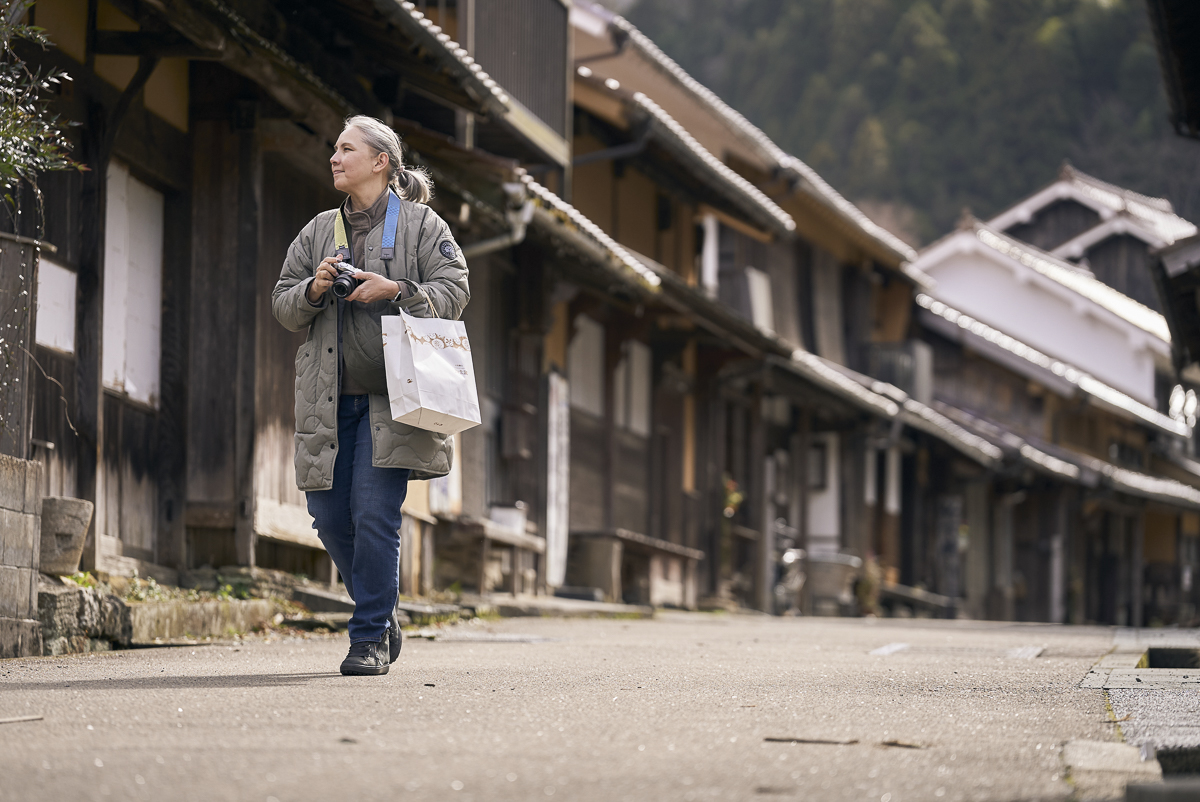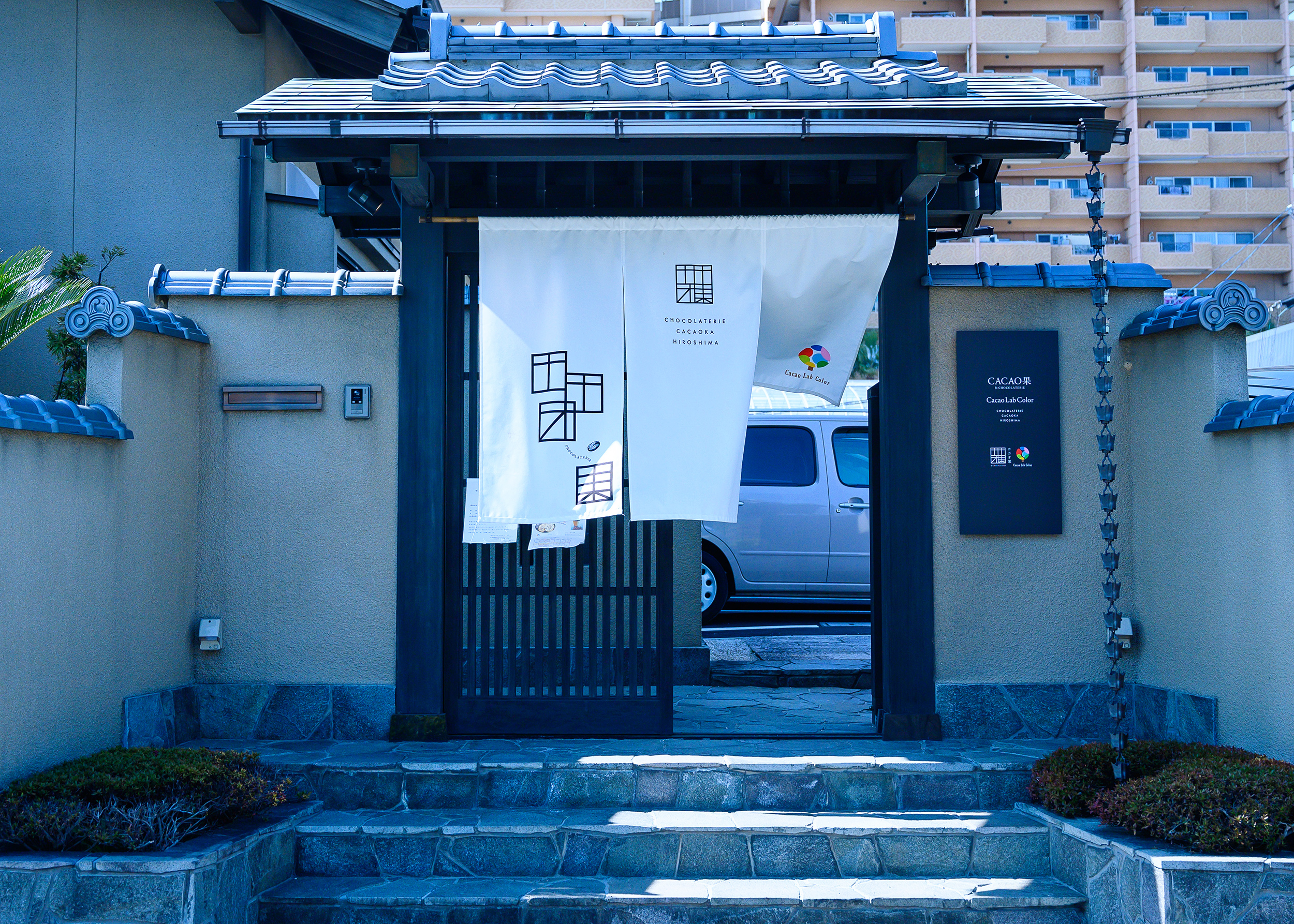So, I’m going to share some important phrases and tips to remember when dining out in town.
If you want some water, you say “Omizu o kudasai” which translates to “water please bring me.”
When ordering one of something, you say “hitotsu” which means “one”. There are different ways for saying one, depending on what you are using it for. When ordering a food item, it’s “hitotsu” (sounds like hetoetsu). Two would be “futatsu”, three is “mitsu”, and four is “yotsu”. If the menu has pictures, you can point to the item and say, “Kore o hitotsu kudasai” which literally translates to “this one please give me.” You just ordered one of what you pointed to.
Another important thing to know is how to order beer. Not for me because I don’t care for beer, but it is one of the things I am asked about a lot. Apparently some people are more concerned about how to order beer than they are about how to order food. Beer in Japanese is just “beeru”. “Bin beeru” is bottled beer and “nama beeru” is draft. When you order a nama beeru, they might ask what size you want. The beer mugs come in different sizes at some places. “Dai”is large, “chu” is medium, and “sho” is small.
I’m sure most of you have already noticed this, but there is no tipping in Japan. In Japan, the servers are paid a decent salary so it’s not necessary.
Another thing I get asked is, “what are they saying when you walk in?” They are saying “Irashaimase” which kind of means “welcome” or “please come in”. You’ll usually get that when you walk into any type of a business. They will also usually say “Arigato gozaimashita!” when you leave. I’m sure most of you already know that this means, “Thank you very much!”
Also, some places will give you a check to take to the register, but some places don’t. Usually, the ones that don’t have the table numbers programmed into their register and they just punch in your table number.
On that same note, some places are very nice and will let you pay separately. Each person can just go up and tell the nice person at the register what they ordered. Some places will not let you do that though so please be prepared to just pool money together to pay the bill and then figuring it all out later. A lot of izakayas are like that. That’s why for izakayas, I just split it evenly between the number of people in my party. You still have to pay it all at once and they usually won’t break bills for you. The ramen places and Maple City are wonderful about letting each person pay for what they ate. Actually, now that I really think about it, I think almost all places except for izakayas will let you do this. To ask them to write separate checks or ring you up separately, just say “betsu betsu” This means “separate” or “not together.”
If you need a fork, most places have them. Sometimes the forks they bring out are super small, but they do the job. Fork is just “foku” in Japanese. So if you say “foku o kudasai”, you are saying “fork please bring me.”
Looking for some ketchup? Ketchup is “kechyappu”
When you are at the conveyor belt sushi restaurants, please do not pick up an item and then put it back because you decided you didn’t want it after all. This is considered rude in Japan. Once you pick it up, it’s yours.
If you make reservations at an all-you-can-eat restaurant for 10 people, please make sure you show up with 10 people. They prepare and purchase food based on the number of people you made reservations for so if you only show up with 7, they are sometimes stuck with extra food. Some places will let it go, but there are some places out there that will make you pay for 10 since that is what you reserved for. I usually collect the money from everyone ahead of time and tell them if they don’t show up, they don’t get a refund. If you call and change the number in your party ahead of time then it is fine, but try to let them know at least 24 hours prior. Even if call them the day of, it’s better than not letting them know at all.
And when you are leaving, if you want to let them know you really enjoyed the food there make sure you tell them “arigato” which is thank you or “gochisosama deshita” which is something Japanese people say after a good meal. It’s kind of like a thank you for the wonderful food….or that was really good food. It’s a compliment to the restaurant though and they love to hear it.
This one is very important. Not all restaurants take credit cards. It’s always a good idea to make sure you have enough cash on you when you go out to eat.
I hope this helps some of you as you venture outside the gate for some great food. The important thing is get out there! Most of the people are very friendly and helpful out there. And if you do have an encounter with someone who wasn’t so friendly and helpful, don’t give up. Try one of the places I’ve blogged about.
What else do you want to know about eating out in Japan?




Leave a Reply